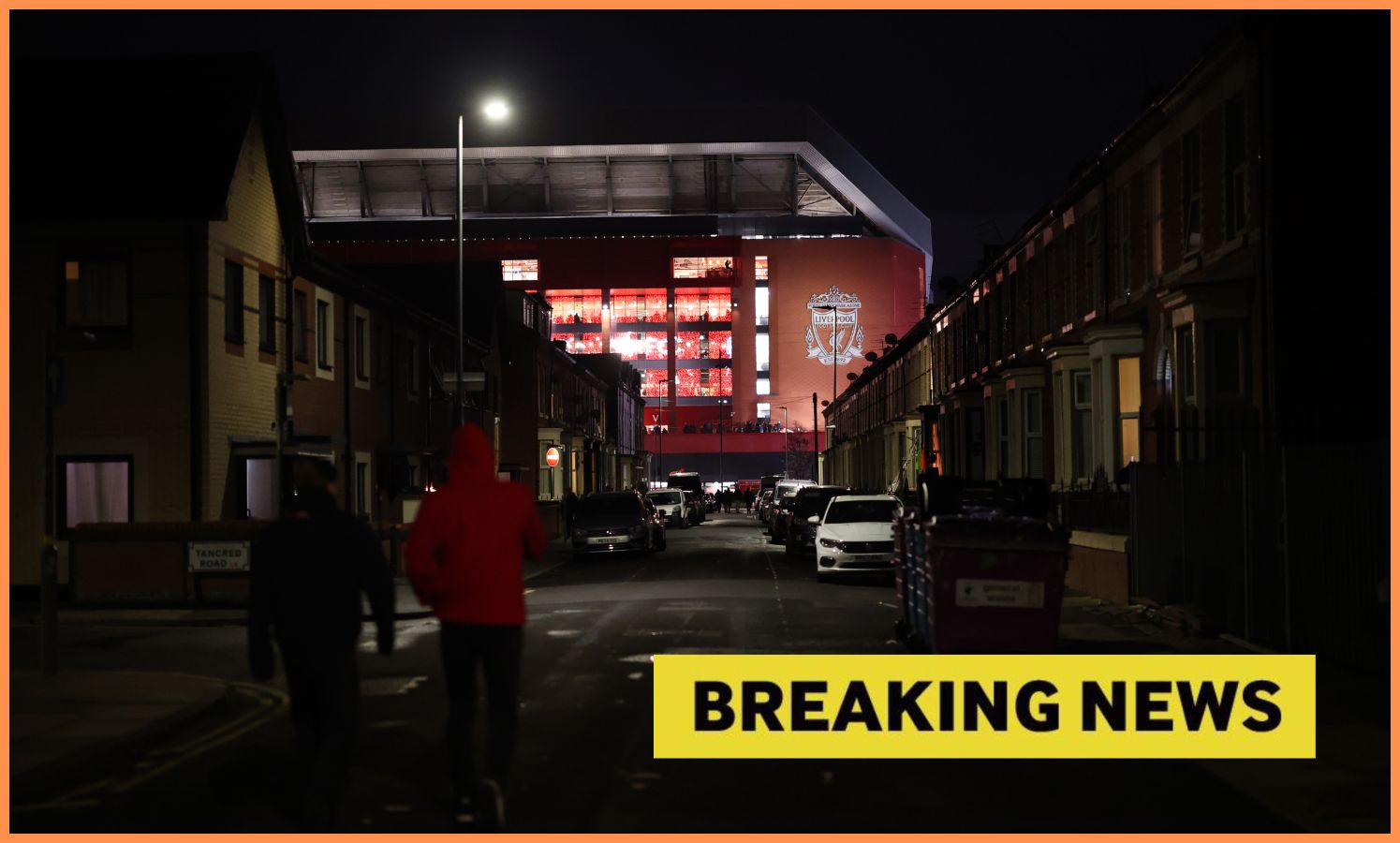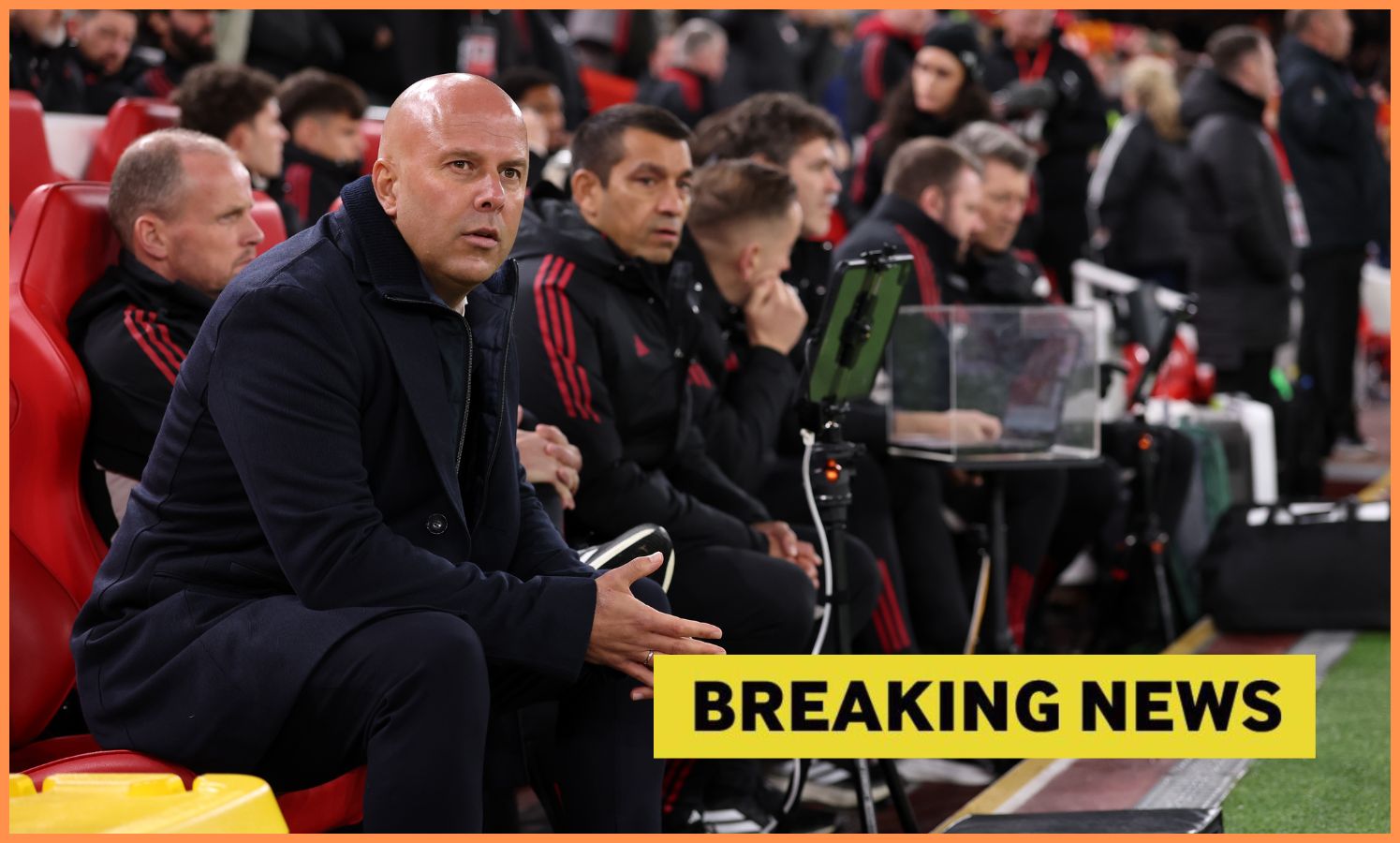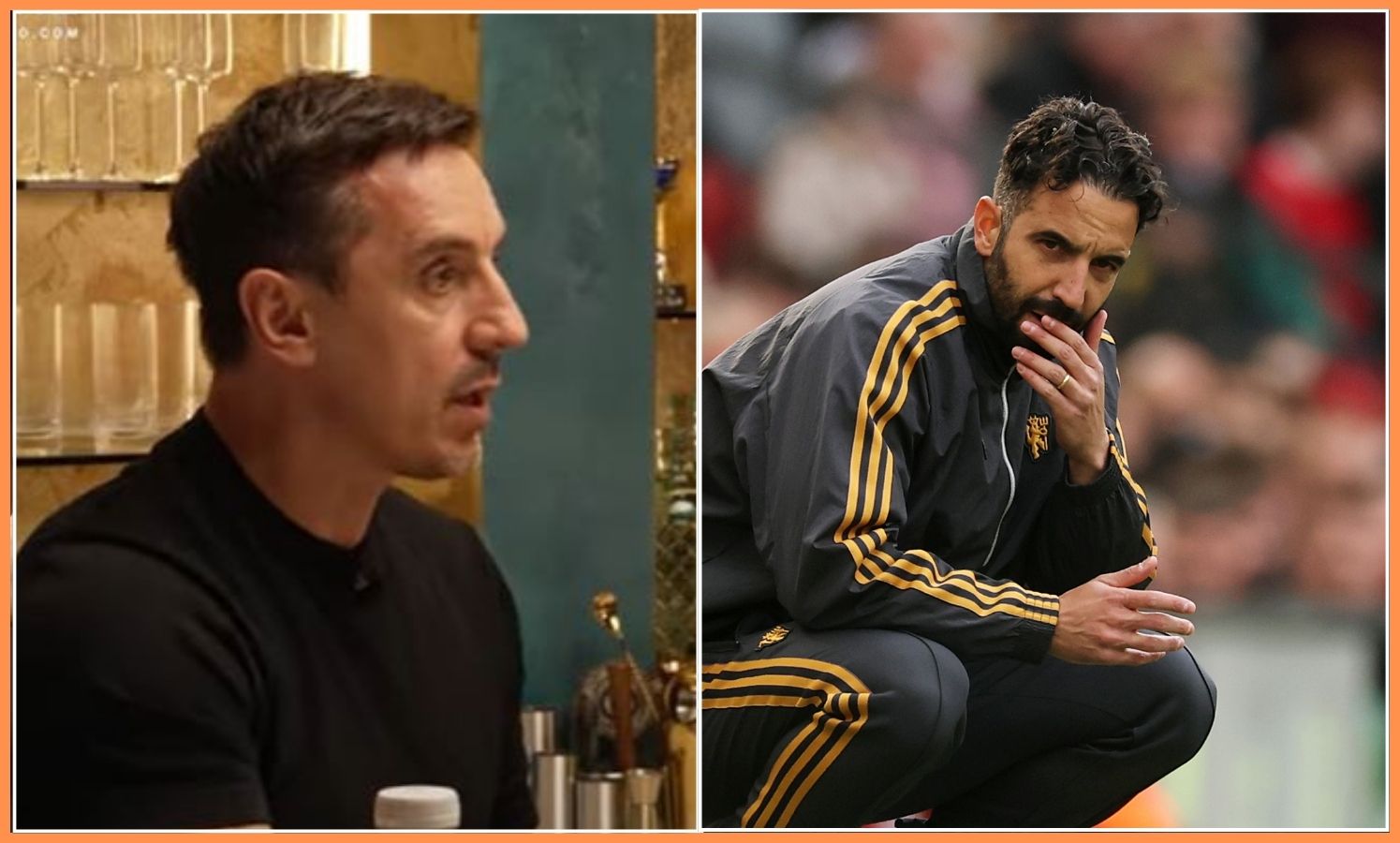The final whistle blew, and Scott Parker, manager of Burnley, couldn't mask his assessment: his team had been thoroughly outmatched by Arsenal. It wasn’t simply a defeat; it was a stark realization of the gulf in quality, a humbling experience against a side he believes possesses all the necessary components for a Premier League title run.
Arsenal’s opening goal, a testament to their precision, arrived through a well-rehearsed set-piece. Declan Rice’s corner found Gabriel, who intelligently headed the ball across the goalmouth for Viktor Gyokeres to powerfully nod home. This wasn’t a lucky break, but a calculated execution of a deadly weapon in Arsenal’s arsenal.
Parker dissected Arsenal’s set-piece prowess, highlighting the specific qualities that make them so dangerous. It wasn’t just the height and power of Gabriel and Saliba, but the pinpoint accuracy of Rice’s delivery – consistently finding its target, whether back post or front, perfectly aligned with the timing and physicality of the attacking runs.

He emphasized that this wasn’t merely about natural talent, but a meticulously crafted system. The willingness to attack the ball, combined with perfectly timed runs, created a scenario where opposing defenses consistently struggle to cope. Many teams, he acknowledged, had fallen victim to this expertly honed strategy.
Burnley, like others before them, sought a solution, a way to disrupt Arsenal’s rhythm and pose a threat of their own. Parker’s aim was to establish greater control of the game than they’d managed against other top sides like Liverpool and Manchester United, a delicate balance between defensive solidity and attacking intent.
Ultimately, however, Burnley fell short. The match served as a clear illustration of Arsenal’s comprehensive strength – a team excelling in every aspect of the game, from robust defense to incisive attack, and, crucially, a devastating proficiency from set-pieces.








